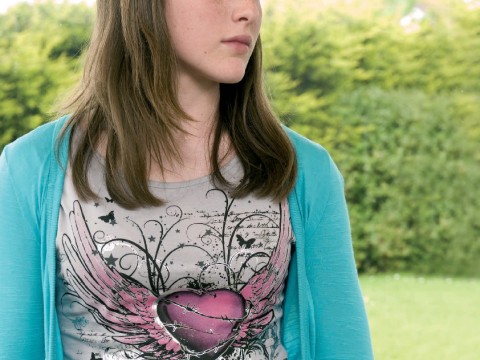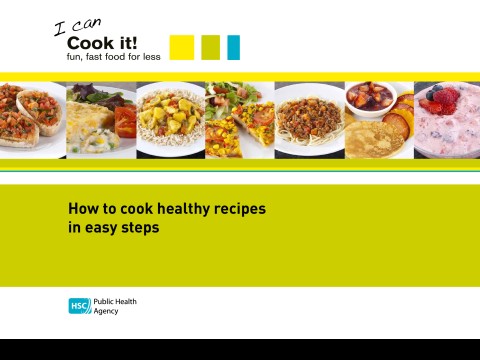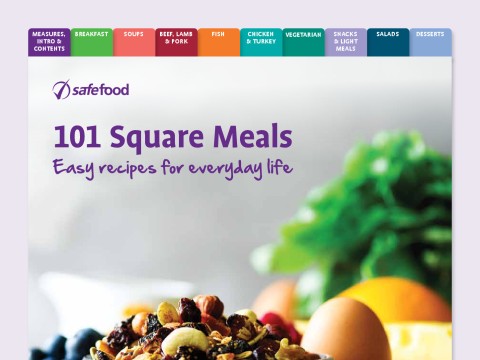Search results
Search our library
- Website
There are lots of ways to keep disabled children and young people active – start off by choosing activities your child is interested in and adapt them
 Document
DocumentYou may think that you have little influence on your child, but the truth is parents often underestimate how much influence they have on their children. Studies have shown that even from an early age children develop ideas and attitudes about alcohol.
Parents and carers can play a key role in promoting a responsible attitude to alcohol.
Research shows that children may be protected from the negative effects of drinking if they have strong bonds with
family and if their parents:
• recognise and praise positive behaviour;
• set healthy examples;
• have accurate knowledge of the negative effects of alcohol.- Website
If children are required to isolate at home
In future, if children must learn from home due to isolation, we offer various options which they can make use of. There are a number of resources on the site which are always free, two week free trials are available and school subscriptions are temporarily valid for pupils to use from home. In addition to this our sister sites, SpellingPlay and PhonicsPlayComics remain free.

- Video
Personal protective equipment (PPE) is a common sight at the minute, but PPE can be difficult to explain to a child.
This animated video helps explain the importance of PPE to children by comparing it to other forms of daily protection.
- Website
This book was a project developed by the Inter-Agency Standing Committee Reference Group on Mental Health and Psychosocial Support in Emergency Settings (IASC MHPSS RG). The project was supported by global, regional and country based experts from Member Agencies of the IASC MHPSS RG, in addition to parents, caregivers, teachers and children in 104 countries. A global survey was distributed in Arabic, English, Italian, French and Spanish to assess children’s mental health and psychosocial needs during the COVID-19 outbreak.
- Website
Mind your mental health during coronavirus – info leaflet for teens.
Membership of the Regional Workforce Wellbeing Network
The Regional Workforce Wellbeing Network is led by Dr Sarah Meekin, Head of Psychological Services in BHSCT and the majority of the 17 Health and Social Care organisations in Northern Ireland are represented in this network. At the start of the COVID-19 response this network was tasked with supporting managers and staff with the development and delivery of psychological support services for staff working across Health and Social Care (HSC) in Northern Ireland.
- Belfast Health and Social Care Trust
- Business Services Organisation (BSO)
- Department of Health
- GP Federations in Primary Care
- Health & Social Care Quality Improvement Network
- HSC Healthier Workplaces Network
- HSC Leadership Centre
- HSCNI
- Independent Care Providers
- Northern Health & Social Care Trust
- Northern Ireland Ambulance Service
- Northern Ireland Fire & Rescue Service
- Pharmacy Forum NI
- Public Health Agency
- Royal College of Nursing
- South Eastern Health & Social Care Trust
- Southern Health & Social Care Trust
- Western Health & Social Care Trust
